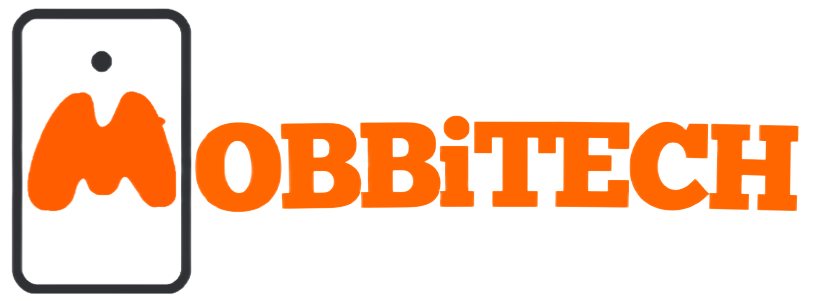Table of Contents
The growing challenge for authors
Writers have always battled against piracy, but the shift to electronic libraries has made the fight harder. Books can travel around the world in seconds. A single file can be copied thousands of times without losing quality. This ease of sharing helps readers, but it puts creators in a tight spot. The balance between access and protection has never been more delicate.
Free reading online feels complete with Z-lib, yet authors often receive nothing in return for their work. The question is not about stopping access but about making sure the original voices get the credit and the reward they deserve. Without a new way to track and secure ownership, authors risk losing both recognition and income.
How blockchain reshapes ownership
Blockchain steps into the scene as a public ledger that no one controls alone. Every transaction is logged in a chain of blocks that cannot be changed once written. For authors, this means a book’s origin can be traced back to its rightful creator. When an e-library adopts such a system, each copy of a digital book can be linked to the original contract. That way, ownership remains clear no matter how many times the file is shared.
This type of traceability also creates a natural trust between writers and readers. A blockchain record shows not only the title but also when and by whom it was added. It becomes much harder for fake or stolen copies to sneak into a library collection. In turn, libraries gain credibility because readers know the source is authentic.
Practical ways blockchain helps
Blockchain not only marks ownership it also creates space for smart contracts. These digital agreements enforce themselves. Payment can be automatic when a book is borrowed or downloaded. Authors would not have to chase fees or trust middlemen. Libraries could set clear rules that trigger instantly whenever an action occurs.
This approach reduces disputes and brings transparency. Readers see where their access fee goes. Authors know exactly how many times their book has been read. Such a system supports fair play in an environment often clouded by hidden terms and vague royalty structures. To make this clearer, consider the following points:
- Transparent royalties
When smart contracts record every book access, authors see earnings grow in real time. There is no delay waiting for quarterly reports. Numbers cannot be altered behind closed doors. This level of clarity builds confidence. It makes writers more willing to share their work in e-libraries, knowing that no shadow is cast over their income stream.
- Proven authenticity
A blockchain signature tied to each digital book works like a watermark that never fades. Even if a file is copied hundreds of times, the chain shows who wrote it first. This stops fake editions from spreading. For readers, the benefit is simple. They can trust that the book they open is exactly what the author released without edits or hidden changes.
- Automated access control
Smart contracts also regulate who can open a file and for how long. A book might be available for a week or for unlimited use, depending on the deal. The system enforces these terms without outside help. Authors can experiment with new models like time-limited previews or per-chapter access. This freedom gives both sides more options than the old one-size-fits-all license.
Together, these features build a framework where creativity meets fairness. Libraries run smoothly because rules are automated, and readers gain trust because every copy has a traceable story.
Looking ahead
The path forward will not be free of hurdles. Technology takes time to mature and not every reader has the tools to use blockchain-based services. Some may resist the idea of paying in tokens or signing digital contracts. Still, the promise is too strong to ignore. Protecting stories with a ledger that never forgets could change the way books live online.
Authors have always searched for safe ground between generosity and survival. Blockchain might be that ground. It holds the chance to turn sharing from a risky gamble into a secure stage. When stories can travel freely without losing their anchor to the author, the world of e-libraries becomes both open and just.
Also Read:

